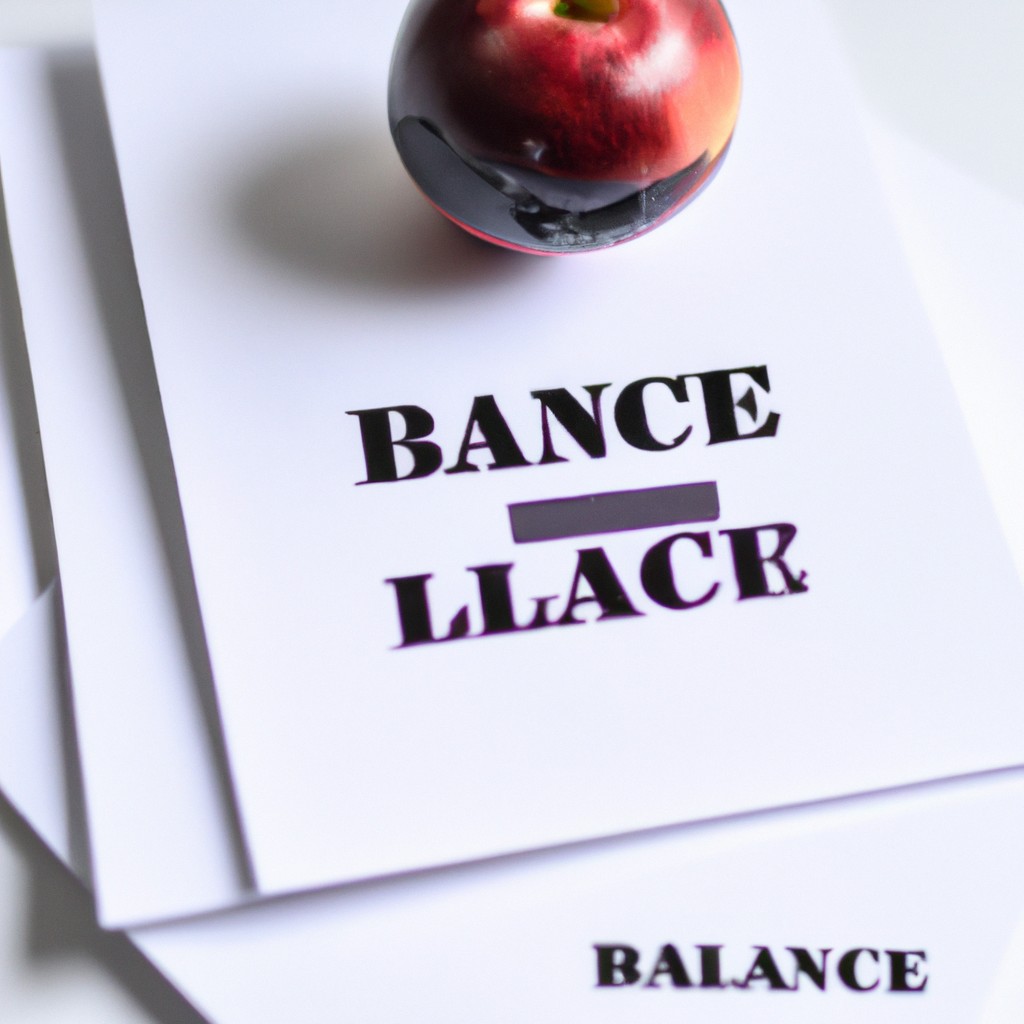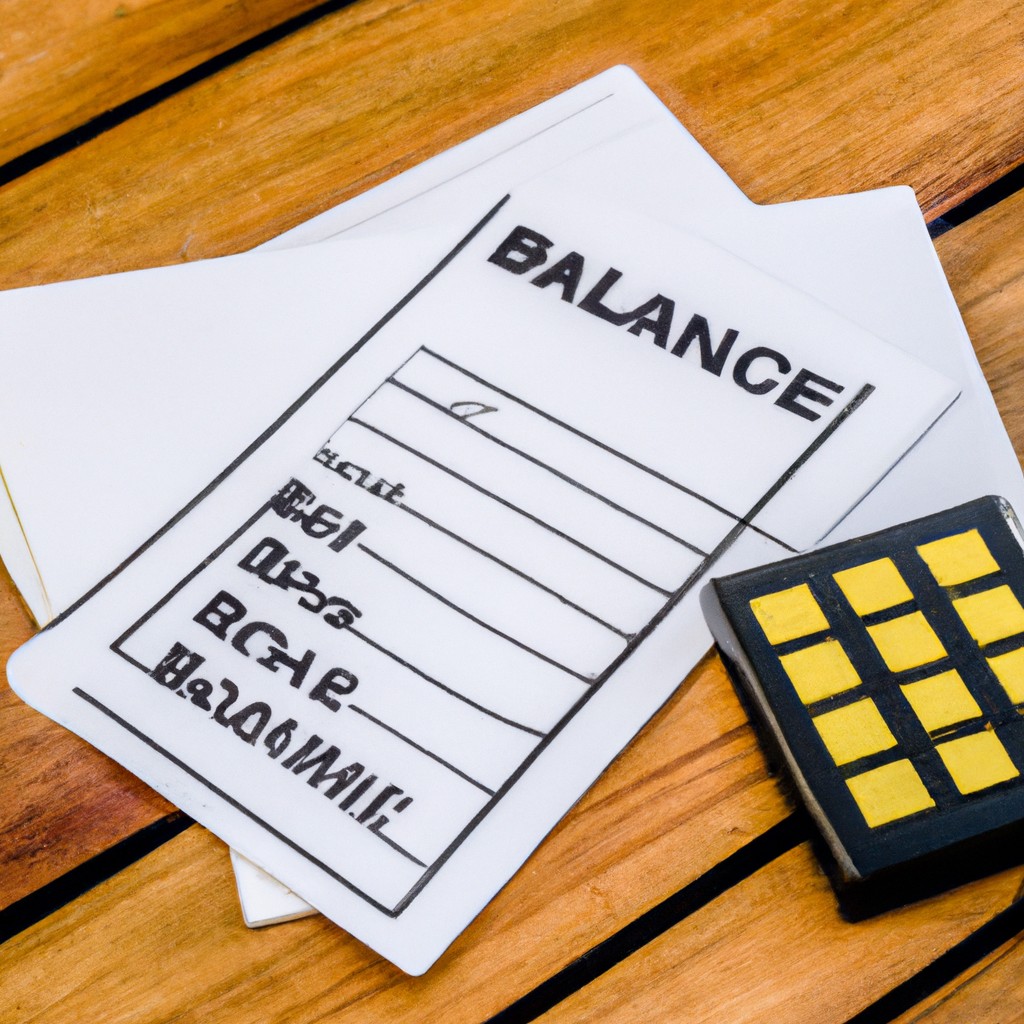Impact of minimum wage on poverty rates

Increasing the minimum wage can positively impact poverty rates by providing low-income workers with higher earnings. Research suggests that raising the minimum wage helps lift many individuals and families out of poverty, improving their standard of living. For individuals struggling to make ends meet, a higher minimum wage can be a crucial factor in reducing financial stress. By ensuring that workers earn a livable wage, society can create a more equitable and just economic system. While critics argue that raising the minimum wage may lead to job losses, studies have shown that the overall benefits in reducing poverty outweigh potential drawbacks.
Read more
Impact of minimum wage on income inequality

The impact of increasing minimum wage on income inequality is a contentious topic. Advocates argue that raising the minimum wage can reduce income inequality by providing low-wage workers with higher earnings. This can help bridge the gap between the rich and poor, ultimately lifting many individuals out of poverty. However, critics warn that raising the minimum wage could lead to job losses, particularly for small businesses. The effectiveness of minimum wage policies in addressing income inequality depends on various factors, including the rate of increase and the overall economic conditions. Policymakers must carefully weigh these factors to make informed decisions that benefit all stakeholders.
Read more
Criticisms and debates surrounding minimum wage policy.

Criticisms of the minimum wage focus on economic impact, job losses, and inflation concerns. Debates center on balancing worker rights with business sustainability. Critics argue that raising minimum wages could lead to higher unemployment rates, especially for low-skilled workers. Proponents emphasize the potential for reducing income inequality and boosting consumer spending. The controversy rages as policymakers wrestle with finding the right balance between social welfare and economic growth. Discussions delve into the intricacies of labor markets, business competitiveness, and government regulation. Opinions vary widely, reflecting the complexity of the issue and the diverse stakeholder perspectives involved in minimum wage policy decisions.
Read more
Historical context and evolution of minimum wage

The concept of minimum wage emerged in the early 20th century as a response to labor exploitation. Initially, there was fierce opposition from business owners who feared increased costs. However, progressive movements led to the enactment of minimum wage laws to protect workers' rights. Over the years, the minimum wage has evolved in response to economic conditions and social demands. Despite ongoing debates about its effectiveness, the minimum wage remains a crucial tool in addressing income inequality and improving living standards for low-wage workers. Understanding the historical context of minimum wage helps us appreciate its significance in today's labor market.
Read more
Historical background of minimum wage laws

Minimum wage laws have evolved over time. The concept dates back to ancient Babylonian times. Its implementation aims to ensure fair compensation for workers. In the United States, the first federal minimum wage was established in 1938 under the Fair Labor Standards Act. This marked a crucial turning point in labor history. The legislation helped improve the living standards of many workers. The minimum wage continues to be a hotly debated topic today. These laws are essential in protecting workers' rights and preventing exploitation. Understanding the historical context of minimum wage laws is vital for shaping future labor policies.
Read more
Empirical evidence on the impact of minimum wage on employment

Empirical studies show mixed results on the relationship between minimum wage and employment. Some research suggests a negative impact, especially in low-skilled industries. At the same time, other studies find minimal to no effect on overall employment levels. Factors such as industry structure, labor market conditions, and policy design play crucial roles in shaping these outcomes. Researchers continue to explore these complexities and nuances to provide policymakers with comprehensive insights for effective decision-making. Despite ongoing debates, the empirical evidence underscores the need for a balanced approach that considers both the welfare of workers and the sustainability of businesses in the minimum wage debate.
Read more
Definition of minimum wage

Minimum wage is the lowest amount an employer can legally pay their workers. It aims to ensure fair compensation for labor and prevent exploitation. It varies from country to country and can be set by governments or through collective bargaining agreements between employers and workers. Minimum wage laws are designed to protect low-wage workers, reduce income inequality, and stimulate economic growth by putting more money into the hands of consumers. Advocates argue it increases worker productivity and reduces poverty levels. Critics, however, suggest it may lead to job losses in certain industries, impacting businesses' ability to sustain operations and potentially causing inflation.
Read more
Arguments for minimum wage

The demand for a minimum wage stems from the need to ensure fair compensation for workers. It serves as a mechanism to tackle income inequality and uplift financially struggling individuals. Proponents argue that a minimum wage promotes economic stability by boosting consumer spending. It also reduces reliance on government welfare programs, supporting self-sufficiency. Advocates emphasize the moral imperative of providing workers with a livable wage, enabling individuals to meet their basic needs and improve their quality of life. Implementing a minimum wage can foster a sense of dignity and value for workers, recognizing their contributions to the economy.
Read more
Arguments against minimum wage

Opponents of the minimum wage argue that raising it could lead to job loss, especially for small businesses. They believe that employers would cut costs by reducing their workforce or increasing automation. Critics also claim that higher wages could result in inflation, as businesses might raise prices to cover the increased labor costs. Moreover, some argue that a higher minimum wage could discourage businesses from hiring inexperienced workers or low-skilled individuals. They suggest that other solutions, like providing training programs or tax incentives, could be more effective in combating poverty and improving job prospects for vulnerable populations.
Read more
Impact of minimum wage policies

Minimum wage policies have a direct impact on workers' earnings and overall economic well-being. When minimum wage rates increase, low-wage workers experience a boost in their income, which can lead to improved living standards and reduced poverty levels. However, critics argue that raising the minimum wage could result in job losses as businesses may not be able to afford higher labor costs. Despite this, studies have shown that modest increases in the minimum wage have minimal negative effects on employment levels. Ultimately, the impact of minimum wage policies varies depending on various factors, including the local economy, industry, and enforcement mechanisms in place.
Read more












